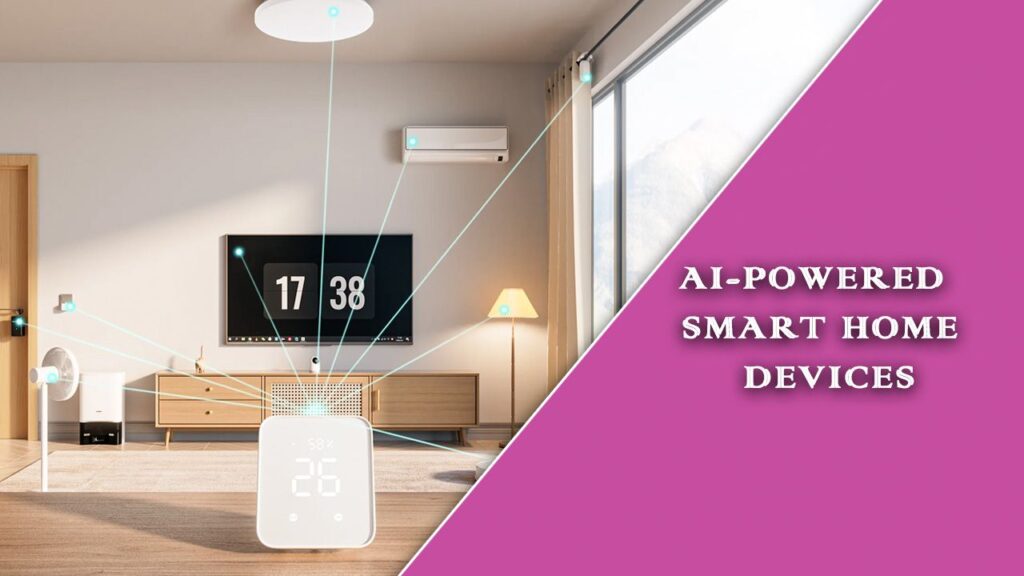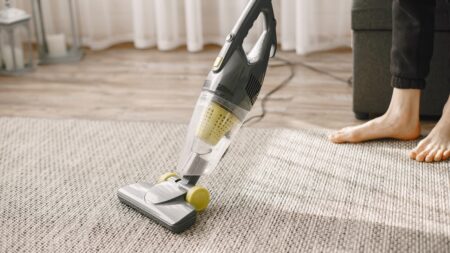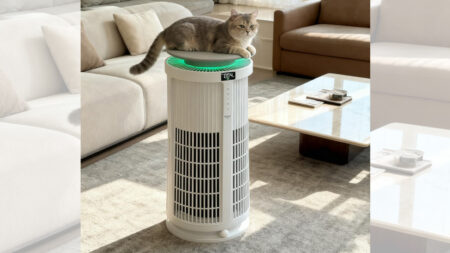I first came across Artificial Intelligence (AI) through chatbots and generative content-creation tools. As a part-time creator, I resented this avant-garde technology that most people used to rip off content from artists who have mastered their craft for decades. And here comes some amateur who just put in a couple of prompts, and commanded the AI to create something – a painting, a story, or anything. But here is the thing, AI can’t create something on its own, instead it steals from existing artworks or stories.
This whole dynamic just made me begrudge the coming-of-age of AI. I swore off using chatbots or these content creation tools, unbeknownst to the fact that AI can do much more: It can improve everyday lives with updates to common tools and appliances. Over the past decade, artificial intelligence has developed into an essential part of smart homes. Enabling advanced automation to make your everyday day life easier, AI has helped smart home businesses thrive. It helps enhance modern homes by understanding commands and responding accordingly. Consider human preferences and tastes to make decisions that are convenient to the user. AI-powered devices are set to transform the way we see our homes and live our lives and here’s how.
Changing World of Home AI
You may already be familiar with and using some AI-enabled smart home gadgets. I believe you know Google Assistant, Apple’s Siri, and Amazon’s Alexa. But this technology is moving past voice assistants as evidenced by this year’s edition of the Consumer Electronics Show (CES 2025).
Every year, CES puts forth advanced technological inventions that are set to help make our lives easier. The show has been rife with AI-enabled appliances and security systems for the past couple of years. It has now moved into the domains of energy and water consumption, pet products, and wellness to allow humans live their best lives.

The hands-free control proffered by virtual AI assistants is being applied to various things, including turning on and off thermostats, kitchen appliances, security systems, and gadgets. Diagnostic and preventive AI – to detect leaks and issues with heating, plumbing, and electrical systems – will become a normal part of every household soon. All of this lets you simply use a few commands and prevent any manual intervention.
From your oven, refrigerator, grills, pet feeders, security camera, and even pillows, this cutting-edge technology has integrated itself into every corner of the home. It tracks your everyday activity, understands your habits and tastes, and automates the tasks and settings of the home appliances based on that data. AI can even remember important dates and events and remind you in advance. It will certainly help keep track of birthdays and anniversaries that we keep forgetting, won’t it?
AI Integration in Your Cooking Space
We may be years away – if ever – from getting robot butlers, chefs, and maids, but automation technology has made strides in the kitchen space. Many companies are moving into AI-enabled kitchen appliances with LG and Samsung leading the movement.
Samsung’s big appliances like the new smart refrigerators are now equipped with AI Hybrid Cooling. This setup helps save energy through new-age cooling methods. The company also introduced a refrigerator with a 9-inch AI Home screen as part of its partnership with grocery delivery service Instacart, wherein you can access an automated grocery management system. Thanks to the AI Vision food recognition system, your fridge can detect when you are running low on ingredients and automatically add them to your Instacart app. You can even order groceries from your refrigerator’s touchscreen display. This new feature is a godsend for people like me, who forget to keep a tab on what’s in the fridge and don’t have time to go grocery shopping frequently.
LG, on the other hand, introduced a new range of advanced AI-driven features. The latest Smart InstaView French door refrigerator includes LG’s ThinQ food management system and an AI-powered camera. Agari Kitchen has also entered this new-age home appliance space with its AI-powered smart oven that can combine 3D scanning, remote temperature sensing, and precision algorithms to deliver perfectly cooked meals every time.
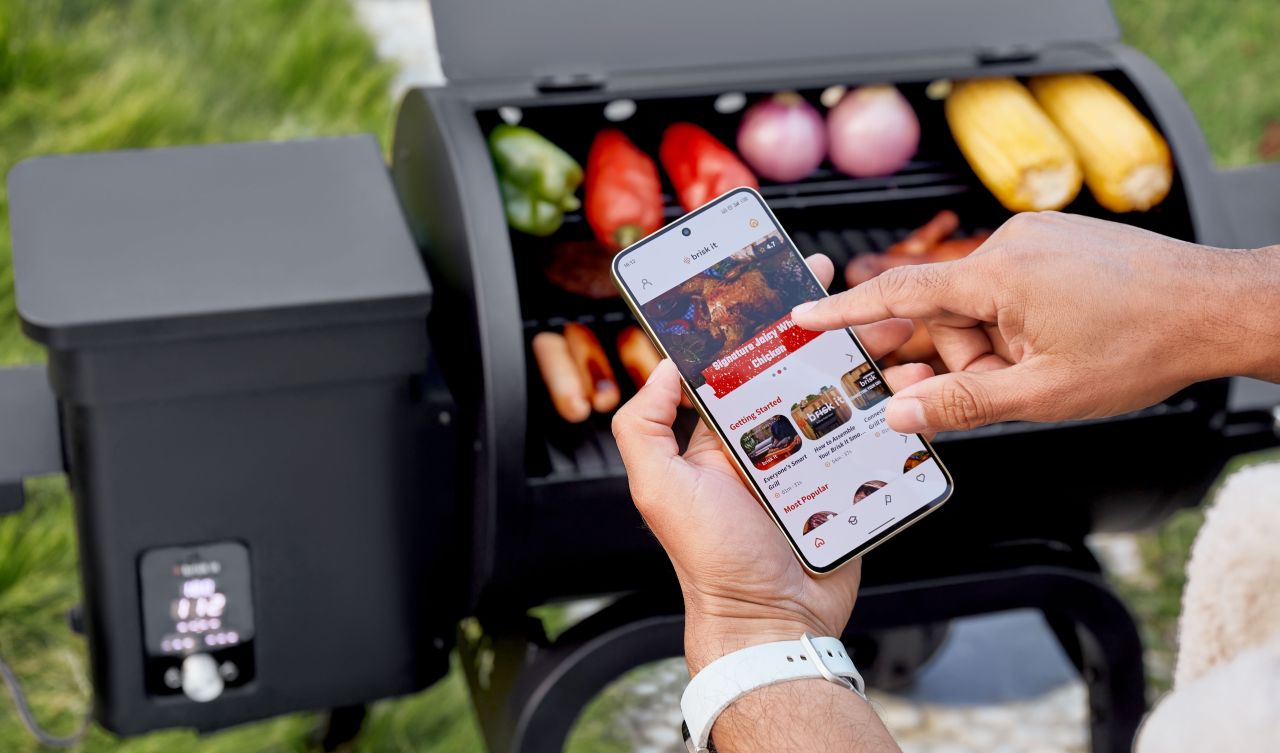
To help you with outdoor cooking, Brisk It has introduced the Zelos 450 grill with AI. The grill automates the BBQ process, has Wi-Fi remote monitoring, and its generative AI Vera lets you create personalized recipes. It can identify your ingredients and informs you what to cook and how.
Your Smart Home Needs Smart Security
Smart home security has evolved tremendously over the years. From cameras to sensors and touchless smart locks, your home security systems have become smarter and better at keeping you and yours safe. Facial recognition and anomaly detection will be a standard by which all smart security systems will be evaluated in 2025.
The basics of home security begin with a lock. The smart locks of the modern era – such as the TCL D1 Pro – leverage automation technology to enhance the system. TCL D1 Pro features AI-powered palm vein recognition to let you unlock the door. Adding a fun element to home security – well at least to amuse you and not the trespassers – a new device can shoot semi-lethal paintballs at intruders. PaintCam also features advanced technology to detect and track real-time objects.
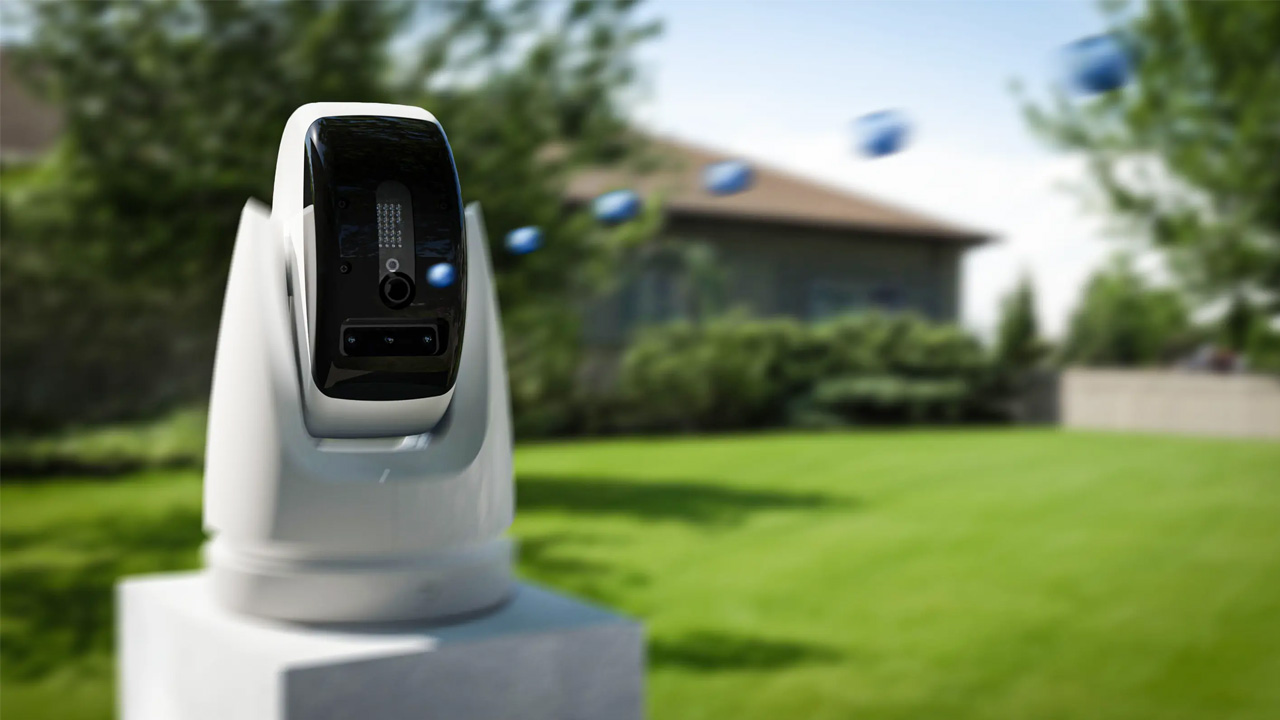
Its facial recognition feature precisely distinguishes between familiar faces, guests, and possible intruders. The system kicks off a countdown upon detecting an unfamiliar face and sends you a notification. If it is indeed a trespasser, you can give the green light to the camera and it will begin to shoot paintballs or even tear gas projectiles to defend your home.
From Mowers and Vacuums to Laundry Robots and Pillows: AI’s Everywhere
AI has made itself a part of every corner of the house from laundry room and vacuum cleaners to lawn mower and even your pillow. Powered by machine learning and data analytics, these home management systems automate cleaning, mowing, and even laundry. Some of these systems still need an iota of manual intervention but with the advent of 2025, their complete automation seems inevitable.
The advanced technology caters to every room of your home from the living room to the kitchen and bathroom. However, not much has been done for the bedroom, still, you can find meager, advanced offerings such as the AI Motion Pillow that provides a non-invasive anti-snoring alternative to a typical sleeping aid. A white AI Motion System keeps tabs on your sleep in real time, using sensors and machine learning to detect snoring patterns. The pillow inflates air pockets beneath your head and subtly repositions them upon detecting snoring.
To help you keep your house clean, a new fleet of advanced robot vacuum cleaners was unveiled at the biggest electronics show earlier this month. The biggest highlight was the integration of automation technology into these vacuums. Eureka J15 Max Ultra detects liquid spills on the floor with an infrared vision system and an FHD vision sensor along with AI algorithms to properly detect liquid spills on the floor. Unveiled last year, the Samsung Bespoke Jet Bot Combo is a vacuum and mop robot cleaner with enhanced features, steam cleaning, and floor detection to make home cleaning a breeze. The vacuum has AI Object Recognition to expand its ability to distinguish different objects.
TENET laundry robot is an intelligent washing machine that uses AI to detect and treat stains. The washer/dryer reportedly has robotic arms inside to hang your garments and prevent wrinkles. Skeptics won’t like to use it but automation integration in laundry is something that will become more and more evident in modern homes.
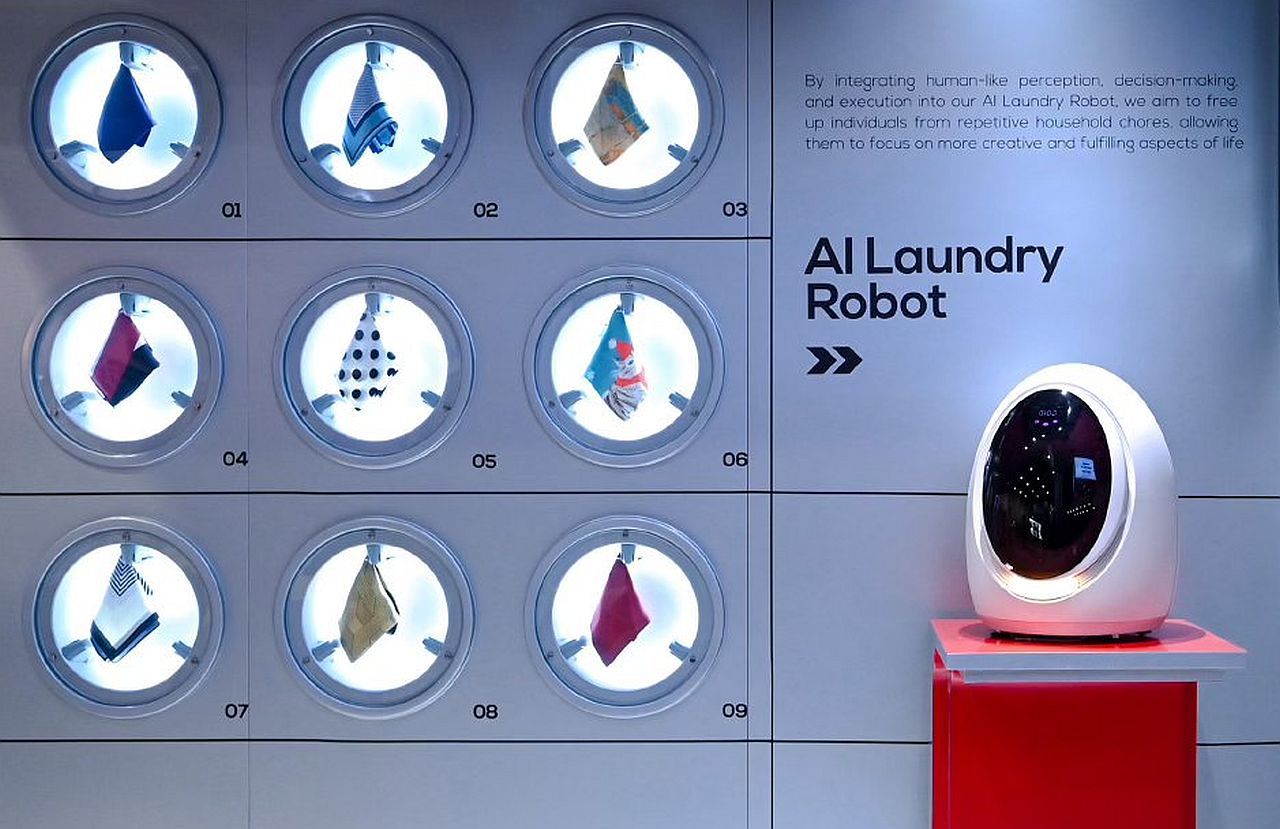
AI technology is making inroads outside of our homes as well, catering to the cleanliness of our lawns. The Luba mini AWD by Mammotion is a new robotic lawn mower that uses UltraSense AI Vision to simplify lawn maintenance with auto-mapping and real-time obstacle detection. The mower functions on virtual boundaries and can run for 120 minutes on a single charge.
AI-Driven Energy Management
AI is present in almost every part of the house, however, it has been amiss from energy management in the past but 2025 brings a new era of smart and sustainable energy consumption with the integration of artificial intelligence. This technology uses predictive energy management to keep track of your home’s heating, cooling, and lighting systems. This helps systems to automatically adjust based on real-time energy usage data, electricity rates, and weather forecasts.
Home energy management systems like the new AI-powered EcoFlow Oasis are leveraging artificial intelligence to help you manage your energy consumption. The built-in smart voice assistant in EcoFlow Oasis responds to questions about home energy. The system analyzes factors like past energy usage, local electric rate, home solar energy generation, and weather patterns to help you save power and money.
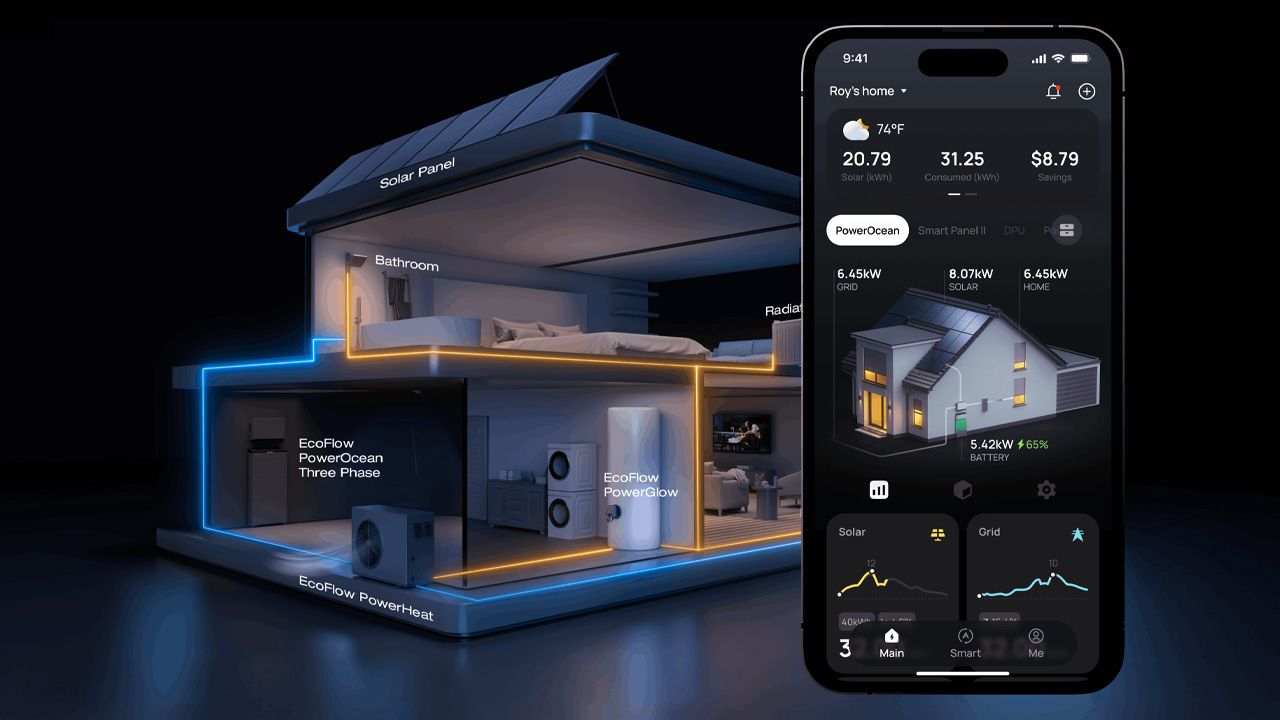
Your home energy consumption can also be made better with automated window blinds. Take these AI-powered window shades by Mado Dynamic for instance. Designed to maximize your home’s energy efficiency, the shades are compatible with a smartphone app that calculates the path of the sun, weather conditions, and time of day to automatically adjust themselves for maximum energy saving.
Future of Smarter Homes in 2025
If you are keen on making your home smarter, you’d be better off investing in AI-powered systems whether to maximize security, make your energy usage efficient, or your cooking processes more engaging. The modern smart technology will work in tandem to seamlessly smoothen your everyday life.
I expect to see more automated and intelligent home accessories and appliances in the coming months. They will strive to make our homes smarter and more sustainable. Better yet, AI-powered tech will attune our entire home to our specific needs.
Follow Homecrux on Google News!
